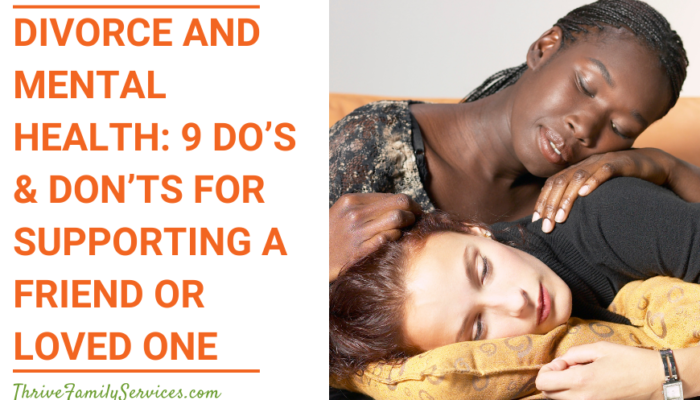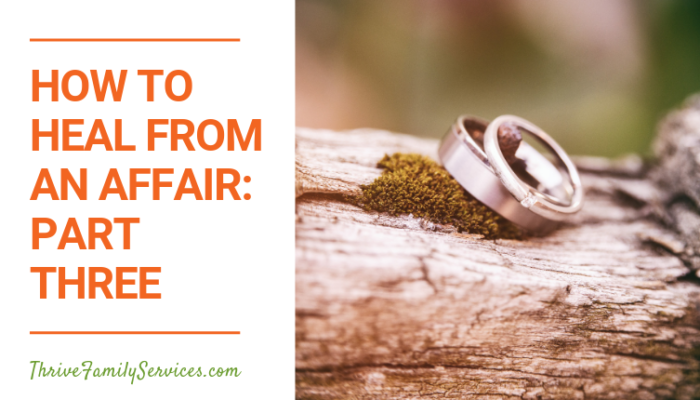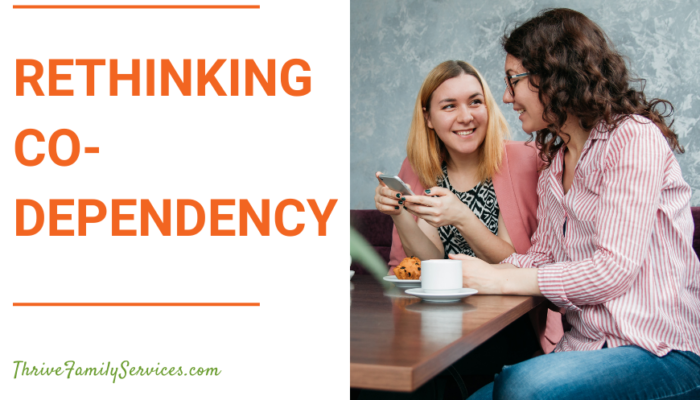Divorce and Mental Health
If you love someone who may be going through a divorce, here are nine ways you can help by supporting their mental health.
1. Do encourage them to get counseling
Not all couples considering divorce end up divorcing.
If there’s ambivalence in your loved one about divorce, encourage them to get counseling.
In our experience, many couples counseling sessions start with one or both partners considering divorce.
Many couples also use divorce talk in the middle of a fight as a protest against things feeling really bad, or hopeless. Sometimes, it can feel to you like divorce may be the only option, but it’s not really what you or your partner want.
The bottom line is, not all potential divorces happen. What’s more, some spouses remarry each other post-divorce, or restore their marriage.
Nothing is more heartbreaking to us as Couples Therapists than couples who come into couples counseling too late. If only they could have gotten the support of a Couples Counselor sooner, perhaps they would have felt heard, responded to and more hopeful about working through their difficulties. If you need help talking to your partner, get some support!
Not all marriages end in ugly divorces.
A divorce can be one of life’s most difficult experiences and significantly impact the mental health of the couple and family. But a marriage’s ending doesn’t have go horribly. Counseling can help avoid a terrible divorce.
Conscious Uncoupling
If the marriage does end in divorce, couples counseling can support mental health for both partners by giving them a much better chance to have a good divorce. By providing a productive space and a guide, counseling can help divorcing couples share feelings about what’s happened in loving ways.
Just like the conscious uncoupling of celebrities Gwyneth Paltrow and Chris Martin, a thoughtful, compassionate split is far better for both partner’s mental health than a negative, ugly divorce. It is possible for couples to grieve the end of the marriage and work through separation amicably.
To divorce amicably is without a doubt the very best thing for all children.
When divorce is inevitable
If your friend or loved one is going to get divorced, these other Do’s and Don’ts will help you support their mental health:
2. Don’t bag on their spouse
Many couples get to the point of divorce after much heartache and possibly after trying very hard to save their marriage. Divorce is not the desired outcome.
They married because they loved this person and saw their future with them. Coming out now with negative comments about their spouse might hurt them, or hurt your relationship with them in the future.
Again, not all couples considering divorce end up divorcing. You do not want to end up on the wrong end of a hurtful comment about their spouse.
3. Don’t assume you know how they feel
Let them lead the way when it comes to how they’re feeling and what kind of support they want. Sometimes they’ll need to cry. Sometimes they’ll need to get out and do something healthy for a distraction. Sometimes they’ll need to just feel hurt or angry.
4. Don’t say, “Get over it,” or “You need to move on.”
Divorce is not unlike grieving a death. It can be the hardest experience in a person’s life. It’s not going to be over quickly.
Your friend needs your understanding and presence and not to feel pressured to move quickly or to feel a certain way. If you can be a validating, compassionate support to them, however long the process takes, you will be supporting their mental health.
5. Don’t try to fix them up with someone new or try to sell them on the idea that a better partner may be in their future.
Divorce is massive. It can take all of a person’s energy and considerable time to recover from fully.
They will know when they are ready and willing to consider dating again. Follow their lead.
If you see your friend or loved one trying to move on too quickly, you can gently encourage their mental health by inviting them to healthy activities with you. Perhaps they’re struggling to sit with their feelings, or worried that others are tired of hearing about their pain. Your supportive presence can help them a lot.
6. Don’t tell them all the divorce horror stories
“The first act of war is defense” (Byron Katie)
Don’t encourage your friends into war by scaring the heck out of them. A divorcing person is someone who is grieving. They don’t need you filling them with scary stories.
7. Do talk to them, don’t disappear
Your divorcing loved one most likely has huge holes in their heart at losing their closest companion. They may also experience other losses of friendship and community because of the divorce. Loneliness is a common experience in divorce.
Your loved one needs your presence, companionship, and not to be avoided.
If you want to support your family member or friend’s mental health, show up and let them lean on you.
8. Don’t assume they want to talk about the divorce
Sometimes, we all get to the point when we need to take a break from difficulty. This is a good and healthy thing for our bodies and minds, if we are taking a break consciously. Intentionally doing healthy things and having conversations that have nothing to do with divorce is good for us.
Also, just because your friend or loved one is going through a divorce doesn’t mean they stop being themselves. Help them keep up with interests and things they find enjoyable.
9. Do help them take care of themselves physically and emotionally
Your loved one or friend needs to eat well, get exercise and sleep well. Join them in healthy activities that nurture the body and soul. Your motivation, connection and support can make a huge difference in their mental health.
Here at Thrive, we provide couples therapy to couples on the brink of divorce, couples divorcing who wish to take care of each other through the process, and individuals needing support as they work through their divorce.
Call us at 303-513-8975 to schedule your Greenwood Village Counseling appointment today. Schedule Appointment
Sign up here so you never miss a blog post. But don’t worry, we’re very anti-spam here at Thrive.





